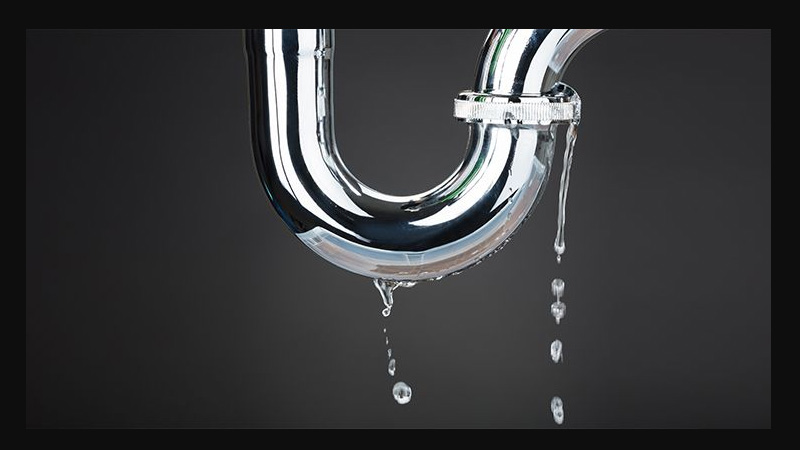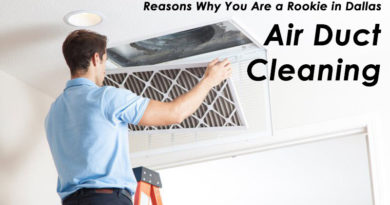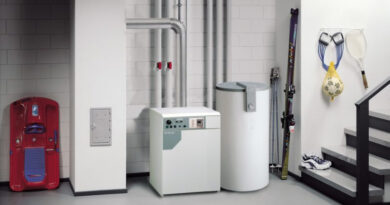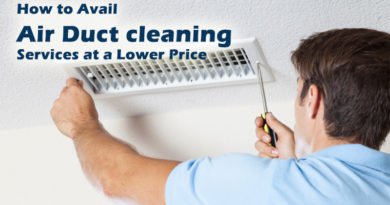How to Care for Your Pipes Properly
You do the most to keep your own body’s plumbing running smoothly — e.g. you eat leafy veggies, drink plenty of water and maybe take a probiotic or two — but what have you done lately to help your house’s plumbing stay healthy? Your home’s pipes are to thank for the convenience and sanitation of modern living, but if they aren’t properly cared for, they can and will malfunction, leaving you with a water leak, or worse.

Fortunately, it doesn’t take much to keep your home’s plumbing in good working order. Read on for maintenance you can do every day, every month and every year.
Every Day
Keep sinks, toilets and showers clean.Grime in and around your plumbing causes all sorts of problems; it can eat away at protective sealants, block crucial jets and drains and even plug up your pipes. To be fair, you don’t need to scrub your sinks, toilets and showers every day — this is more like an every-week chore. Still, you need to get into the nooks and crannies, using the right tools to ensure your plumbing is properly clean.
Make toilets kid-friendly. It should go without saying that you, an adult, will not flush anything inappropriate down the toilet — but your kids might. Little ones are curious and dauntless, and they won’t hesitate to see whether their favorite stuffed animal can get flushed or how much toilet paper fits in the toilet bowl. Worse, toddlers can and do drown in the toilet. The sooner you install lid locks on your toilets, the sooner you can avoid this worry.
Know what goes down the garbage disposal. In a similar vein, if you have ever wondered, “What can you put in a garbage disposal?” it is high time you learned. Garbage disposals can’t handle everything; they are especially bad at breaking down thick clumps of food, like pasta or fibrous vegetables, as well as anything that is overly greasy. If you shove too much into your garbage disposal at once, it can clog and even break, so it is better to be safe than sorry.
Look for leaks. You should constantly be on the lookout for signs of leaks or water damage. A dripping faucet might not seem like a big deal, but it can waste up to 2,082 gallons of water and cost up to $200 per year. Worse, water damage outside your plumbing is disastrous, often resulting in destroyed drywall, stained surfaces, mold and more. You should listen for dripping water, look for wet spots and pay attention to musty smells.
Every Month
Clear slows or stops. Even if you are compulsive about keeping your bathroom and kitchen spotlessly clean, clogs can occur in pipes. Usually, if your sink is clogged, you can fix it by removing the trap — the curved portion of pipe below the sink — and cleaning it out. Otherwise, you can use boiling water or a few different natural cleaners. It is inadvisable to use harsh chemical drain cleaners, which can damage your pipes and make some clogs worse.
Get rid of hard water problems. Hard water is water that has a high mineral content. Unfortunately, these minerals tend to linger in and around your plumbing, sometimes causing problems. You can remove hard water stains from tile and faucets with a vinegar soaking. If you perpetually suffer from more serious hard water problems, you should consider installing a water softener.
Every Year
Winterize your pipes. If you live somewhere that experiences true winter — when the temperatures regularly drop below freezing — you need to insulate your plumbing to prevent the water from freezing and causing damage. You might also consider keeping a faucet dripping slowly, which keeps the water moving and less likely to freeze.
Flush your water heater. Water carries small amounts of sediment into your water heater’s tank, and over time, this sediment can build up and block important valves. Once per year, you should drain your water heater and check to ensure your valves are working properly.
Hire an expert for a checkup. You aren’t a plumbing expert, and you never will be — unless you train to become a professional plumber. Just as you should visit a doctor to verify your physical health, you should hire a plumbing expert to look at your pipes once per year, to let you know that everything is working as it should. Check out Plumbing local plumbers in Rancho Cucamonga who offer 24/7 emergency plumbing.
Keeping your pipes happy and healthy doesn’t have to take much time — but if you experience a plumbing disaster, you will have to focus all your attention and energy on fixing your mistake. The sooner you learn how to maintain your home’s plumbing, the sooner you will respect and appreciate those pipes.



